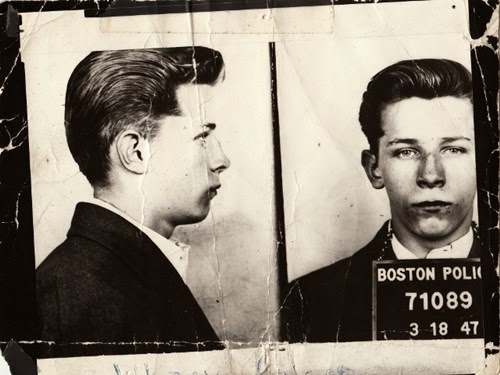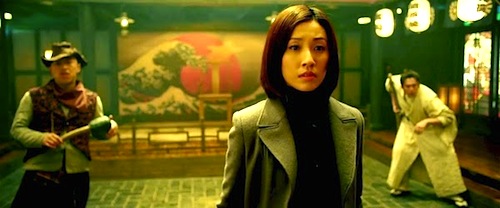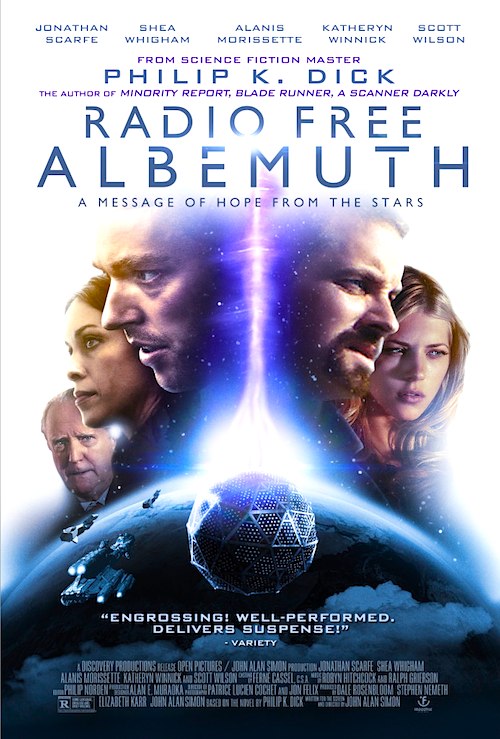By Joe Bendel. It is sort of like Shaolin’s Tibetan Buddhist cousin, but it is not called Esoteric Kung Fu for nothing. Practitioners are few and far between, but it might be just the discipline to take on the savage tiger claw. Regardless, vengeance will not be denied in Feng Huang’s The Himalayan, which is included in The Angela Mao Ying Collection now available from Shout Factory.
In the high Himalayas, a martial arts competition is a fine place for a courtship. As it happens, when Ceng Ching-lan faces Gao I Fan, they make more of an impression on her father, Lord Ceng and his older brother, Gao Zhen, than on each other. An arrangement is quickly struck, but when I Fan expresses reservations, the devious Gao Zhen permanently dispatches his brother, replacing him with a more compliant look-a-like. He was adopted anyway.
It quickly becomes apparent Gao has designs to take over the power and wealth of the Ceng house. Through his dreaded tiger claw kung fu, Gao incapacitates Lan, framing her for the murder of the latest I Fan. Fortunately, her boyhood chum Xu saves her from the ritual cast-off-into-the-river form of execution. Together they will regroup in the Eagle Lama’s monastery, hoping to be deemed worthy of learning his rare Esoteric Kung Fu.

With its wide mountain vistas and Tibetan-Nepalese locations, The Himalayan is an unusually visually striking martial arts film, much in the King Hu tradition. Similarly, it also has some highly cinematic fight scenes choreographed by Sammo Hung (sharing duties with Han Ying-chieh). However, since it was produced by Golden Harvest in the 1970s there are also the requisite nude scenes featuring Angela Wang En-chi as Gao’s vixen accomplice, Man. Genre fans will also want to keep their eyes peeled for Hung, Jackie Chan, and Corey Yuen, who pop up briefly as fight extras.
While Mao is not always front and center, she still takes a strong and steely star turn as the wronged Lan. She meets one of her best antagonists in the form of Chan Sing, who truly looks like he enjoys evil scheming more than any Bond villain. His tiger claw moves are also suitably fierce. Yet, it is Han, the co-action director, who nearly steals the show as Uncle Qu, Lord Ceng’s wise but surprisingly spry old advisor.
Altogether, The Himalayan is a winning blend of Buddhist wisdom and exploitation goodies. It is a great showcase for Mao, while getting the most from a talented supporting ensemble. Enthusiastically recommended, The Himalayan is now available on DVD as part of Shout Factory’s Angela Mao Ying Collection.
LFM GRADE: A-
Posted on June 26th, 2014 at 6:03pm.


